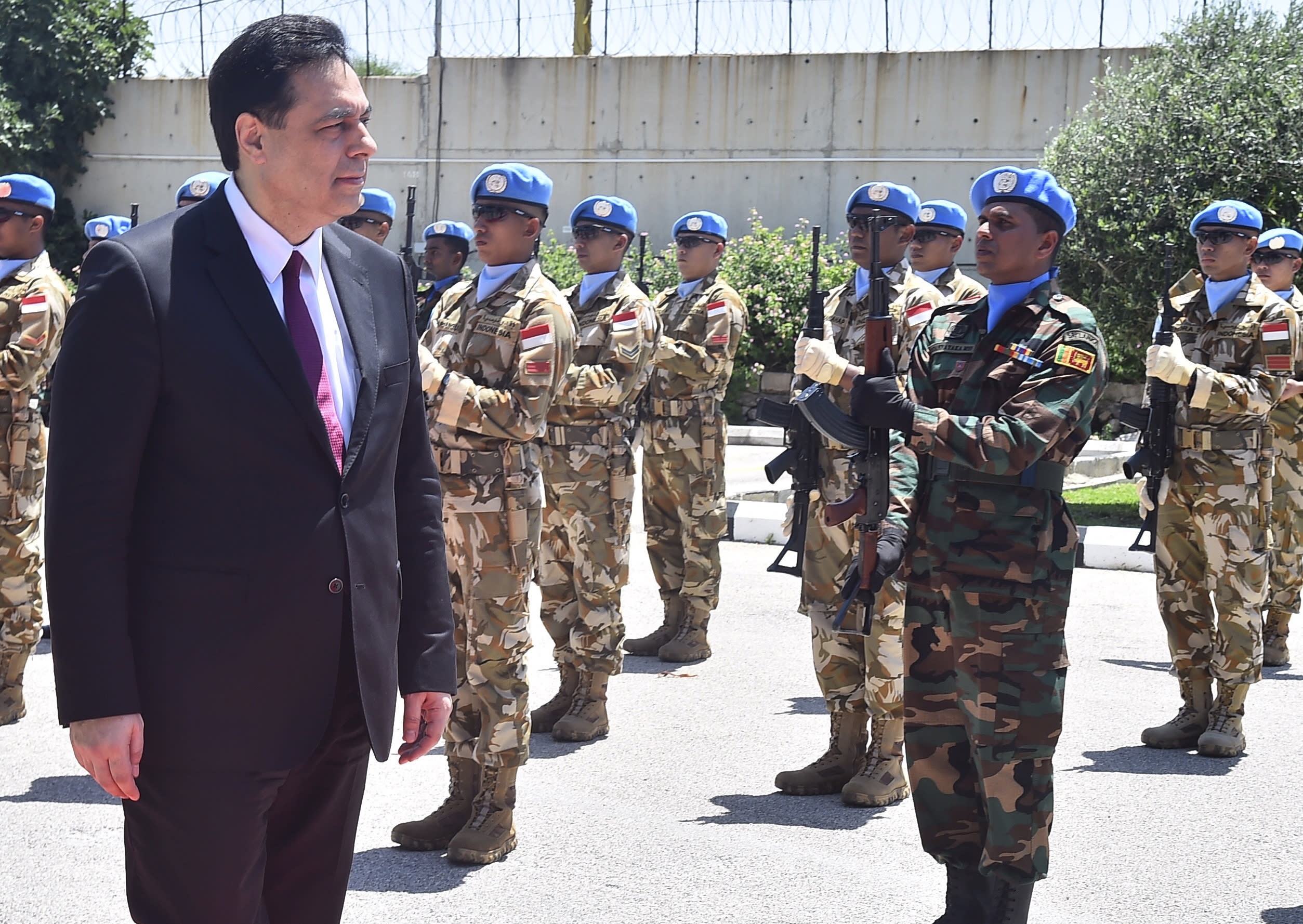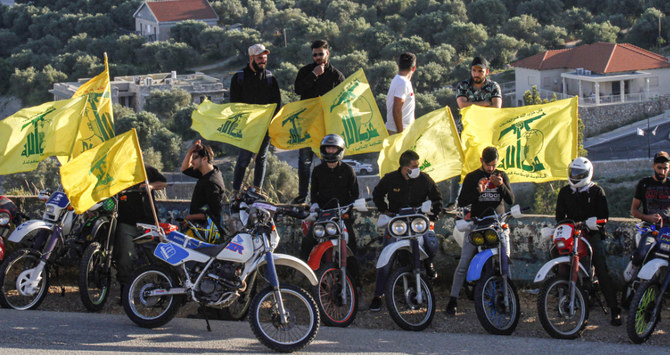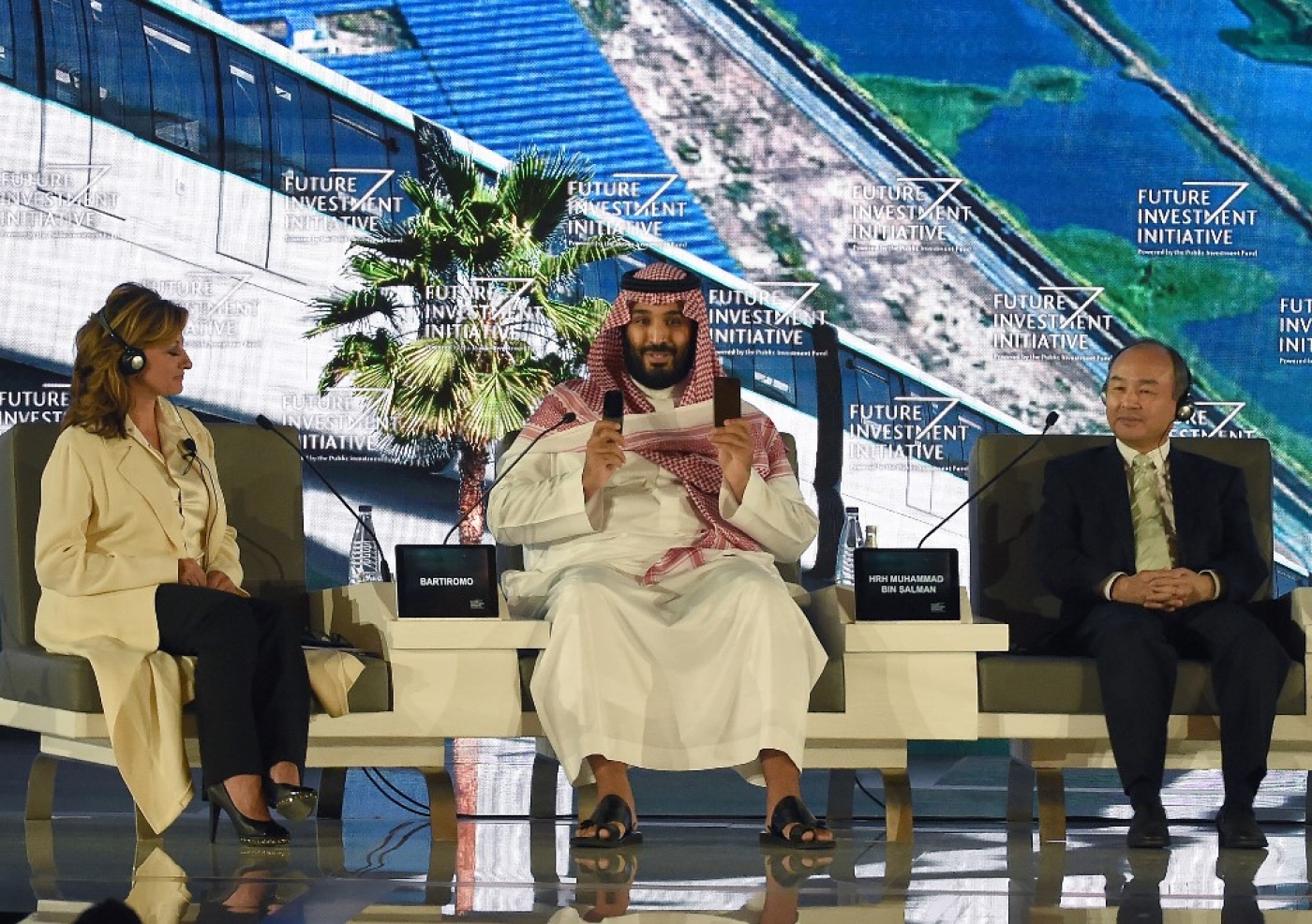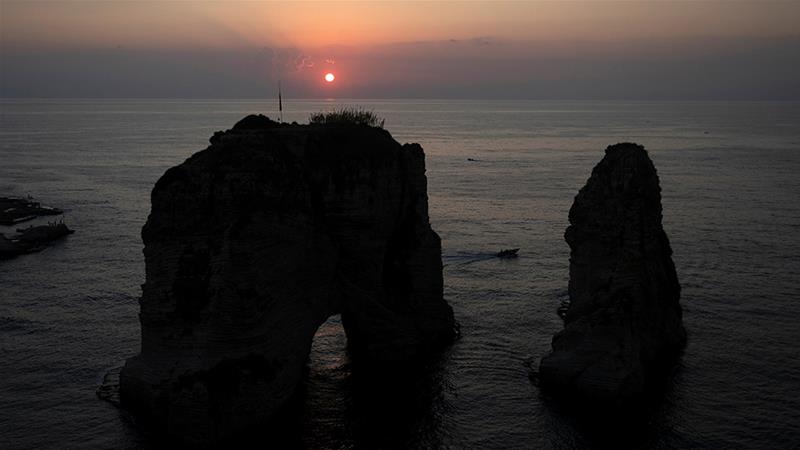
By Viktor Katona — oilprice.com — The Eastern Mediterranean has been a household name in European energy circles for quite some time, with the undisclosed demise of erstwhile plans to link Turkmenistan to Europe elevating it to priority level for Brussels as there was no other realistic non-Russian pipeline project around. The Levantine Basin did indeed produce some remarkable discoveries, especially in the early days of exploration of early 2010s – the Israeli Leviathan (2010) and Egyptian Zohr (2015) have substantially boosted both countries’ upstream standing. Hence, when Lebanon awarded three Blocks in its offshore zone to a European consortium comprising of the French Total, Italian ENI and Russian NOVATEK, hopes were running high that the EastMed craze might have a new standard-bearer.
Hopes for a 2020 breakthrough for the Eastern Mediterranean were first curbed by ExxonMobil announcing that it would postpone two exploration wells next to its 2019 Glaucus discovery, later accentuated by the ENI-Total tandem adjourning appraisal works on their 2018 Calypso discovery, effectively bringing Cyprus drilling activity to an almost halt this year. But the real enthusiasm-killer came several weeks later when the Total-ENI-NOVATEK consortium stated that the first-ever exploration well in Lebanese waters, the Byblos-1 well in Block 04, turned out to be dry. Things might still turn for the better if the consortium’s second well planned for 2020, in Block 09, is not postponed (there are some rumours about it being moved to H1 2021) and discovers commercial hydrocarbon deposits.
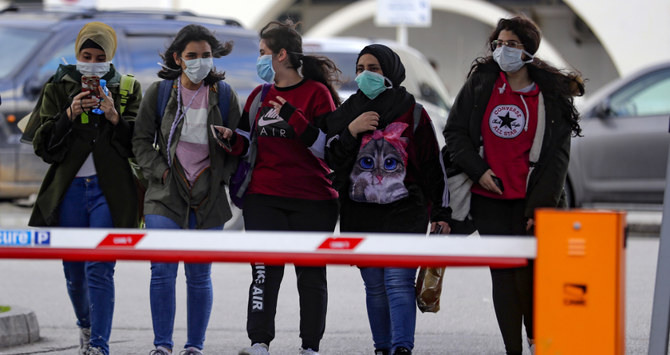
![Though illegal, black-market currency exchange transactions have become commonplace in economically ravaged Lebanon, and are arranged between people who meet through popular messaging apps like WhatsApp and Telegram [File: Mohamed Azakir/Reuters]](https://www.aljazeera.com/mritems/imagecache/mbdxxlarge/mritems/Images/2020/5/28/cb75a668edcd463f9a3880805a934809_18.jpg)

